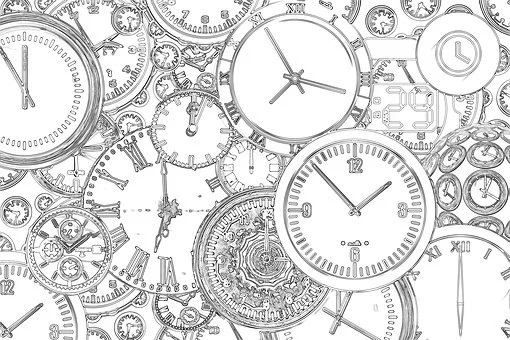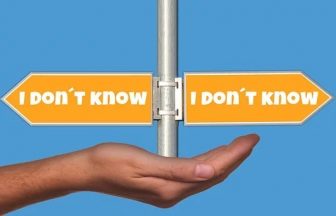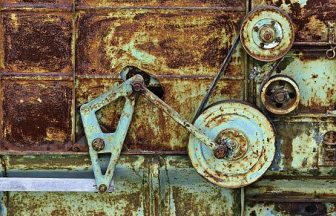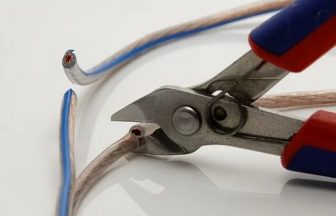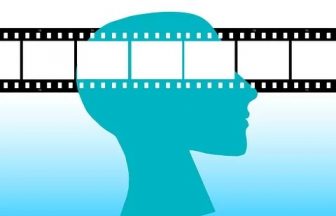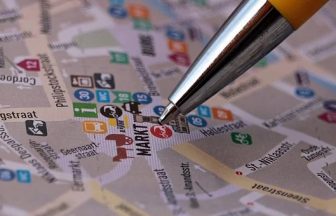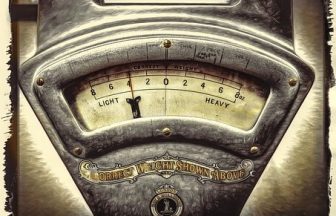「期間」|「period」「epoch」「era」「age」の違いと使い方
「期間」は単に時間の広がりを言ったり、特定の時代を指したり、顕著な事件で識別されることもある。英語の言い方を覚えておきましょう。
「期間」|「period」は長短に関係ない時間の広がり
period は長短に関係ない時間の広がりを表すときに使われる一般的な語。
歴史の研究 The professor studies the history from the post-war period to the 1970 Security Treaty. (その教授は戦後から70年安保に至る歴史を研究しています) ※ Security Treaty「安全保障条約」
鎖国時代 During the period of national seclusion, Japan knew very little of the outside world. (鎖国時代日本は井の中の蛙でした) ※ national seclusion「鎖国」 know very little of …「~をほとんど知らない」
株取引。 You don’t have to hurry to sell your shares in the company only because it is in the red for this period. (その会社今期赤字だからと言って持っている株を売り急ぐ必要なありません) ※ share「株」 be in the red「赤字」
キャンペーン。 There is a ten percent discount during the campaign period. (キャンペーン期間中は10パーセント引きです) ※ discount「割引」
「期間」|「epoch」は歴史や発展の特定の時代
epoch は歴史や発展の特定の時代を表すときに使われる語。
新時代。 The summit meeting made an epoch in the history of the relationship between the two countries. (首脳会談は両国の関係の歴史に新時代を画しました) ※ summit meeting「首脳会談」
アインシュタイン。 The theory of relativity brought about a new epoch in physics. (相対性理論は物理学の新しい時代を開きました) ※ the theory of relativity「相対性理論」 physics「物理学」
ガリレオ・ガリレイ。 The invention of the telescope marked a new epoch in the history of astronomy. (望遠鏡の発明は天文学史上に一つのエポックを画しました)
陸(おか)蒸気。 The invention of steam locomotives marked a new epoch. (蒸気機関車の発明は新時代を画するものでした)
「期間」|「era」は歴史上重要な事件から始まる時代
era は歴史上重要な事件から始まる時代を表すときに使われる語。
1958年アメリカのマーキュリー計画(Project Mercury)が始まった。 The 1950s will be remembered as the beginning of the era of human space exploration. (1950年代は人類の宇宙開発の夜明けとして記憶されるでしょう) ※ space exploration「宇宙開発、宇宙探査」 この計画を扱ったアメリカ映画「ライト・スタッフ」がおすすめです。
徳川慶喜とともに終わった。 The feudal age came to an end at the close of the Edo era. (江戸時代の終焉とともに封建時代も終わりを告げました) ※ feudal age「封建時代」 Edo era「江戸時代」(Edo period とも言うが Edo age や Edo epoch とは言わないので注意)
明治の日本。 In the Meiji era, Japan’s technological level quickly caught up with that of other advanced nations. (明治時代、日本の技術水準はすぐに他の先進国に追いつきました) ※ catch up with …「~に追いつく」 advanced nations「先進国」
お宝鑑定。 This tea bowl dates back to the late Muromachi Era. (この茶碗は室町時代後期の作です) ※ date back to …「~に遡る」
「期間」|「age」は顕著な特徴や事件により識別される時代
age は顕著な特徴や事件により識別される時代を表すときに使われる語。epoch、era より長い時代を表す。
映画。 Some say the golden age of cinema has gone. (映画の黄金時代は去った、と言う人もいます)
誰でも宇宙へ。 The 21st century will be a real age of space travel. (21世紀は本格的な宇宙旅行の時代をなるでしょう)
今の時代。 He is a true hero of he IT age. (彼はまさにIT時代の申し子です)
こう言われて久しくなる。 It is now an age of nuclear families. (今は核家族の時代です)
まとめ|「期間」「period」「epoch」「era」「age」
period は長短に関係ない時間の広がり
epoch は歴史や発展の特定の時代
era は歴史上重要な事件から始まる時代
age は顕著な特徴や事件により識別される時代
